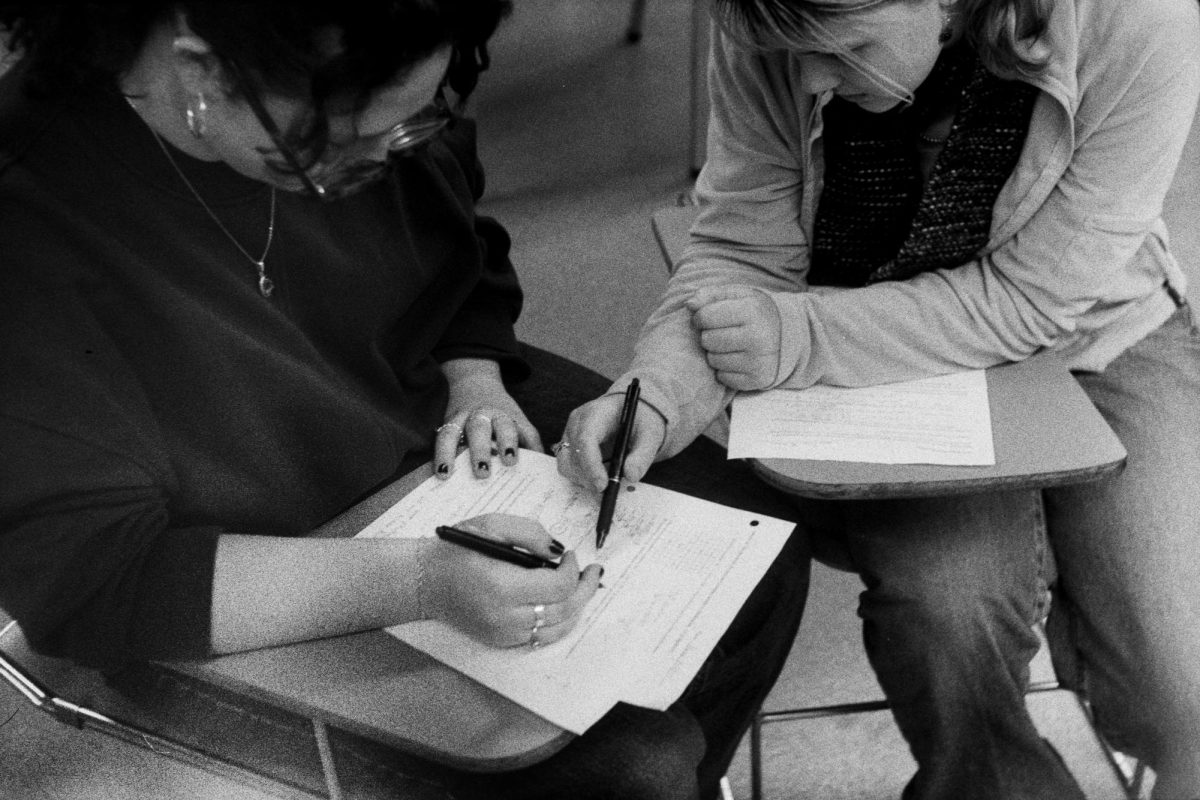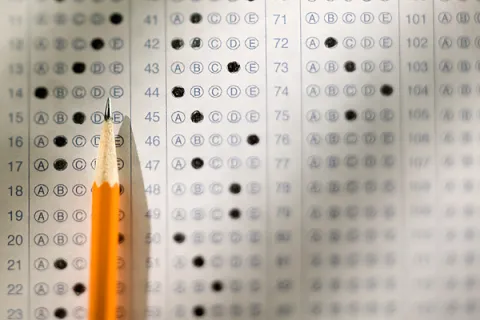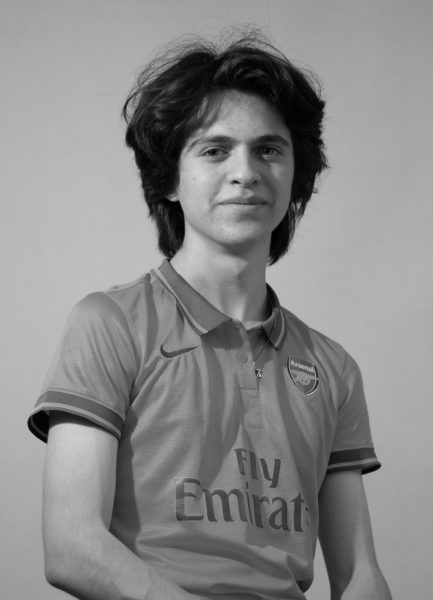Cambridge Public Schools has long prided itself on promoting equity and inclusion, putting it at the forefront of its image. These values are reflected in the policies in place across the district. One such policy—as stated in “Possible CRLS Math Pathways 2024- 2025”—is the rule that students cannot pass out of math classes beyond Algebra 1 with credits from outside the district. However, as many students observe, this policy is not consistently enforced. The actual practices are contrary to what families are told and in fact exacerbate inequality.
The rationale behind the policy is sound, as allowing students to skip math classes with outside courses (Russian Math, Khan Academy, etc.) disproportionately accelerates students from higher income families for well documented reasons. Additionally, Algebra 2 teacher Mr. Hootsmans shared that while these external courses are great tools to aid in learning, “applied skills are built in the problem based curricula and deliberative multi-cultural learning teams in the CRLS classrooms… this learning experience is priceless.”
CRLS’ unique block schedule already allows students to accelerate through the math progressions more quickly than students at other schools by taking two classes back-to-back in a year. At most public schools, the fastest route involves taking calculus during senior year; no other advanced math classes are offered. Private schools typically offer nothing past linear algebra and multivariable calculus, and CRLS offers a multivariable calculus course and Harvard undergraduate classes that include linear algebra and more. This renders skipping classes unnecessary if the goal is keeping up with private schools.
While many are prevented from skipping classes, significant numbers manage to do so. Of the numerous students interviewed regarding their requests to pass out of math classes, examples include one that was moved from Geometry to Precalculus two weeks after the add-drop period ended based on a Khan Academy course, and another that was able to skip Pre-calc having taken an introductory Calculus course. Meanwhile, many students with similar qualifications have their requests denied, while others don’t inquire because they adhere to the stated policies.
The stark inconsistencies are immediately apparent, and there is no discernible correlation between the depth of the outside course taken and students’ success in achieving an exception. Success seems to depend on two main factors: persistence, and most of all, parental pressure. Almost everyone interviewed whose request was ultimately approved was initially told “no.” However, when parents got involved, they had little difficulty getting approval. It seems that the administration is more concerned with keeping parents happy with it than it is with actually addressing the broader issue.
Giving an advantage to students whose parents are more involved in their academics is inherently inequitable. The options are to make math acceleration accessible to every student or to uphold the current policy. While either of these would be better than the current situation, the more pragmatic, fair, and equitable approach is the current stated policy. Until the administration is consistent in its execution, it is allowing inequity and unfairness to continue with a policy that exists to combat those very things.
This article also appears in our October 2024 print edition.














